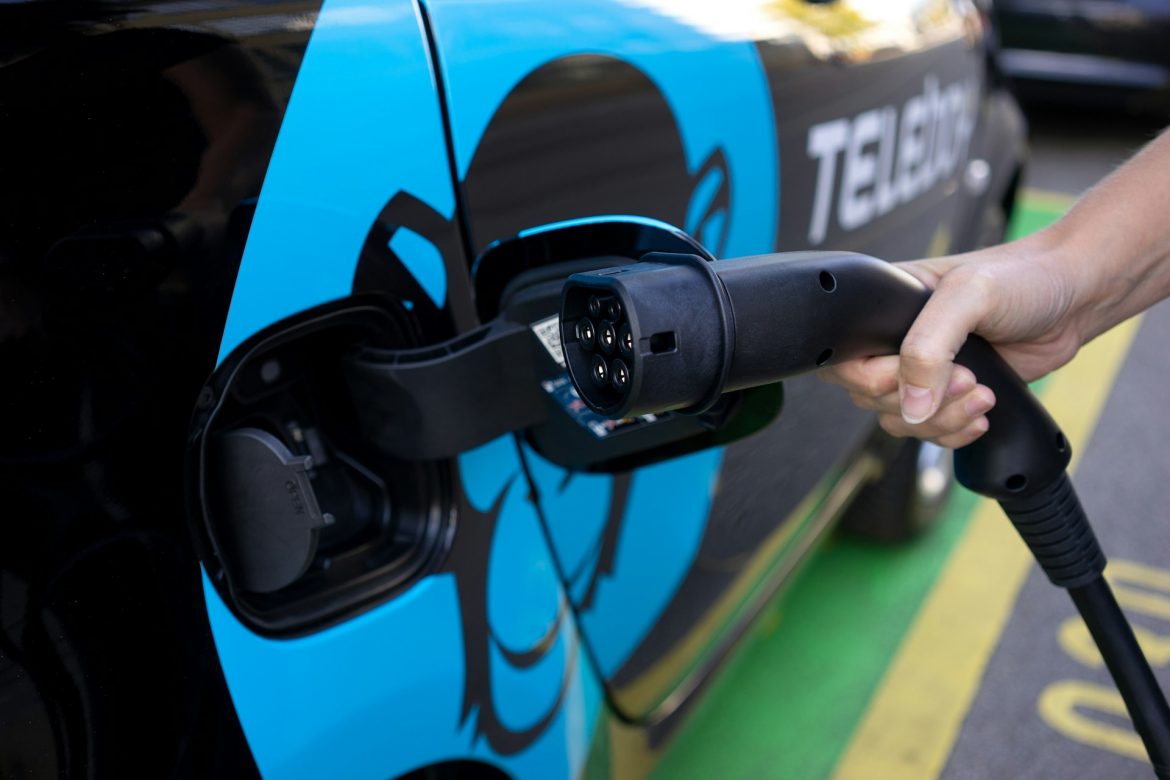The U.S. automaker Fisker has filed for bankruptcy. Supply chain issues and technical difficulties have led to the company’s downfall, which was once seen as a challenger to Tesla.
According to “Handelsblatt,” the electric vehicle manufacturer and former Tesla competitor Fisker is bankrupt. The financial instability of the company had been evident for weeks. The situation escalated for Fisker by the end of February. At that time, the EV manufacturer indicated that the company’s survival was at risk without additional funding.
Failed Attempts to Secure Funding
Despite intense discussions, Fisker was unable to secure an investor from a major competitor. Attempts to delay financing and sell already produced vehicles at reduced prices were insufficient to secure a deal with the manufacturer.
Negotiations collapsed in March 2024, leading to a significant drop in Fisker’s stock price. The stock was temporarily suspended from trading. This marked a critical juncture for the company, which had once been considered a major player in the burgeoning electric vehicle market.
Rise and Fall of Fisker
Fisker’s journey has been a tumultuous one. Founded with the ambition to rival Tesla, Fisker aimed to offer luxury electric vehicles that combined sustainability with high performance. The company gained early attention with its stylish designs and promises of cutting-edge technology. However, Fisker faced numerous challenges from the outset, including production delays and quality control issues.
The company’s flagship model, the Fisker Karma, was launched with much fanfare but soon ran into trouble. Reports of battery problems and other technical issues plagued the Karma, damaging Fisker’s reputation and consumer confidence. Despite these setbacks, Fisker continued to push forward, unveiling new models and concepts in an attempt to regain its footing in the market.
Impact on Employees and the EV Market
The bankruptcy of Fisker is a significant blow not only to its employees but also to the broader electric vehicle market. The company had employed hundreds of workers who now face an uncertain future. The failure of Fisker also underscores the challenges that new entrants face in the competitive and capital-intensive automotive industry.
Analysts suggest that Fisker’s inability to secure a major investor was a key factor in its downfall. The company had hoped to attract funding from established automakers or technology firms, but these efforts ultimately proved unsuccessful. This highlights the difficulties startups face in securing the necessary resources to compete with established giants like Tesla.
The Future of Electric Vehicles
While Fisker’s bankruptcy is a setback, it does not signal the end of innovation in the electric vehicle sector. The market continues to grow, driven by increasing consumer demand for sustainable transportation options and government incentives for green technology. Tesla remains a dominant force, but other companies are also making significant strides in the EV space.
Startups and established automakers alike are investing heavily in electric vehicles, with new models and technologies being introduced regularly. The lessons learned from Fisker’s challenges may serve to guide other companies in navigating the complex landscape of the automotive industry.
